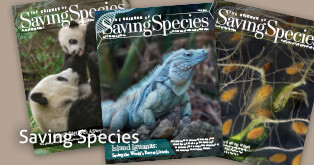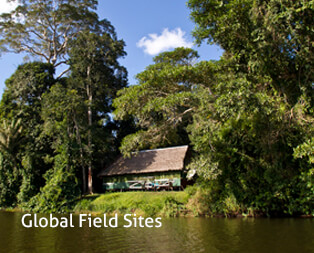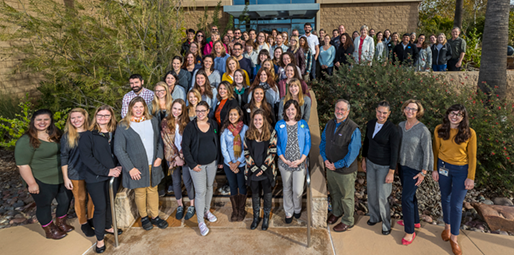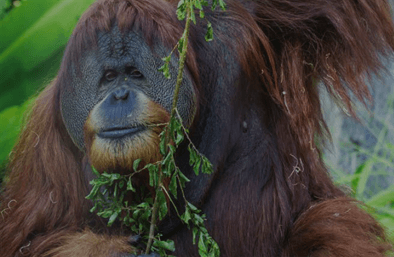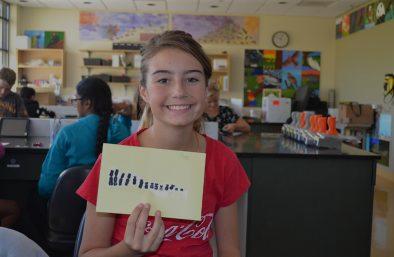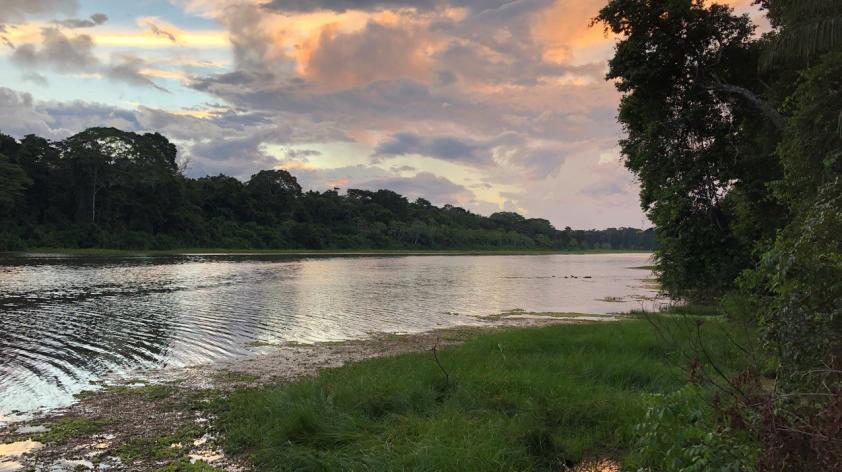
400 steps into the forest dark
Dinner is finished and I rattle off a couple of emails in the office before it's time to head down the path to my tent. I am not just anyplace. I’m at Cocha Cashu Biological Station in the Peruvian Amazon. It’s a premier field site for tropical ecology and we’ve had the privilege to run it for almost a decade.
As a field biologist, I’ve been around and had my share of close calls with nature red in tooth and claw. But I’ve now been at Cashu enough that it feels comfortable, even homey.
Yes, in theory the path I’m on could contain danger—venomous snakes, jaguars, other creatures that lurk in the dark. But unlike my first few trips down this path alone a decade ago, my heart no longer jumps up in my throat. Instead I take comfort in the nocturnal orchestra playing in the forest. Some sounds I know; some remain mysterious.
Yet, everything can change in a flash.
A root may take the shape of a venomous fer de lance. Something large may move in the forest nearby. Suddenly, all my senses come alive and I search the path and forest for signs of danger. I am, after all, in a place where nature reigns supreme, where life and death has played out for eons. I am part of that nature here. I love that feeling because it makes me feel more alive than at any other time of my life.
I arrive safely at my tent, crawl inside, and listen to the night sounds. I drift off to sleep dreaming of what tomorrow will bring—sightings of giant otters at play, monkeys peering at me through leaves, amazing mushrooms and wondrous ants along the trail. I think to myself how privileged I am to be here and how proud I am that my organization helps make this place available to scientists and students from Peru and around the world.
Cashu is a dream, but it is also real.



